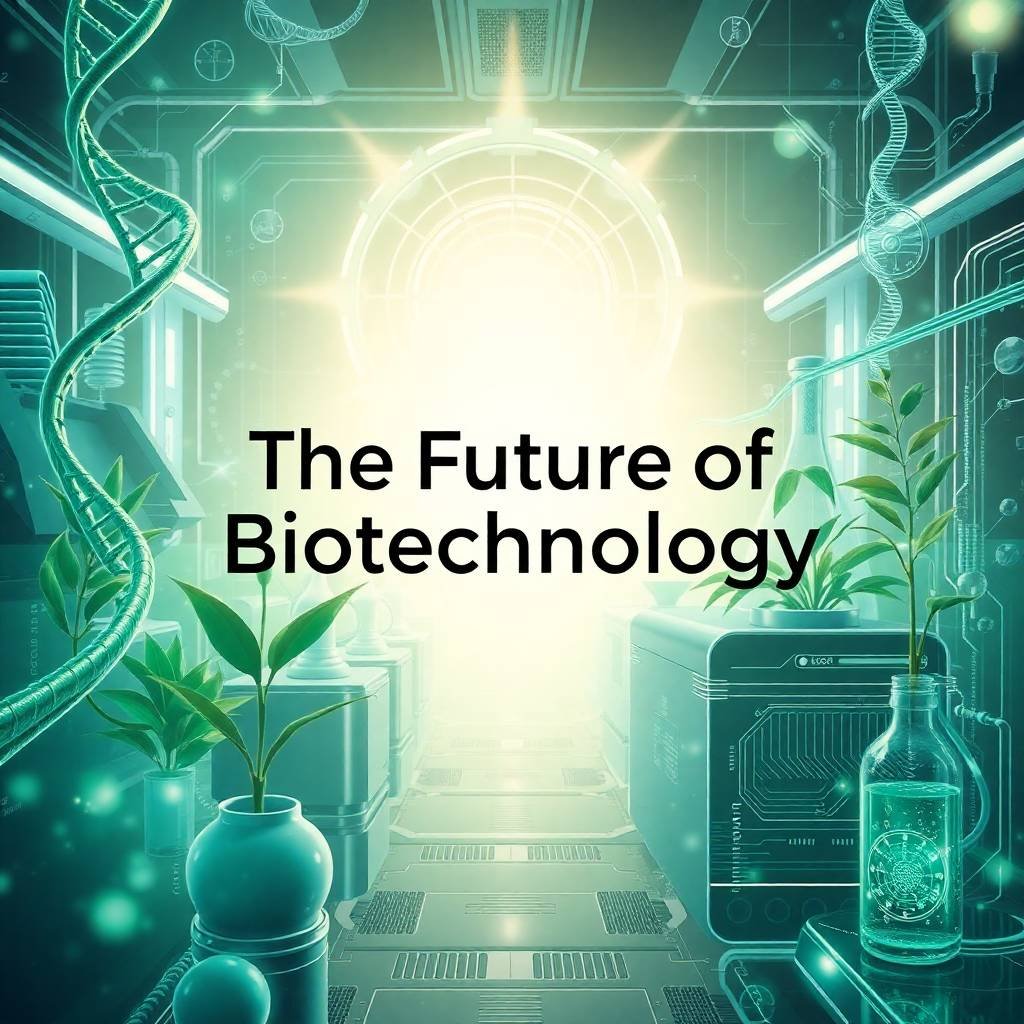Introduction to Biotechnology
Biotechnology is a rapidly evolving field that is poised to revolutionize industries such as healthcare, agriculture, and environmental science. As we advance into the future, biotechnology promises to offer solutions to some of the most pressing global challenges, from disease treatment and prevention to sustainable food production.
Key Innovations Driving Biotechnology
Genetic Engineering and CRISPR
CRISPR technology, a powerful tool for editing genomes, has taken the biotechnology world by storm. It allows scientists to make precise changes to DNA, enabling the correction of genetic defects, the improvement of crop resistance, and the development of new therapies for diseases. This innovation is not only enhancing our understanding of genetics but also paving the way for groundbreaking treatments in medicine and agriculture.
Synthetic Biology
Synthetic biology combines biology and engineering to design and construct new biological parts, devices, and systems. This field is driving innovations in biofuels, pharmaceuticals, and environmental monitoring. By creating organisms with novel functions, synthetic biology is opening up possibilities for sustainable solutions that could have a significant impact on industries worldwide.
Personalized Medicine
The future of healthcare is increasingly leaning towards personalized medicine, where treatments are customized to an individual’s genetic makeup. This approach promises to improve the efficacy of treatments and reduce adverse effects, thereby transforming patient care. The integration of biotechnology in developing personalized therapies is a major step forward in the evolution of healthcare.
The Role of Biotechnology in Agriculture
Enhancing Crop Yield and Resilience
Biotechnology has become a vital tool in improving crop yields and resilience. Through genetic modification and advanced breeding techniques, scientists are developing crops that can withstand pests, diseases, and extreme weather conditions. This is crucial in ensuring food security in the face of a growing global population and climate change challenges.
Sustainable Farming Practices
Biotechnology is also at the forefront of promoting sustainable farming practices. By creating crops that require fewer chemical inputs and water, biotechnology helps reduce the environmental impact of agriculture. Innovations such as biofortified crops are being developed to address nutritional deficiencies, showcasing how biotechnology can contribute to both environmental sustainability and human health.

